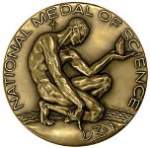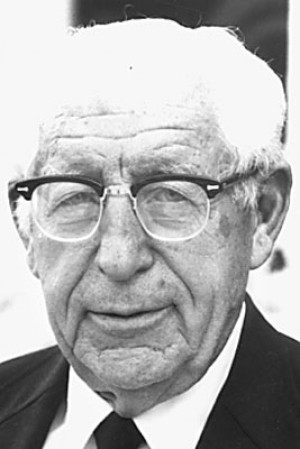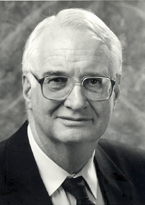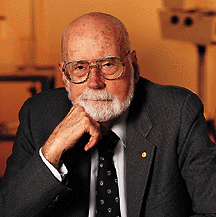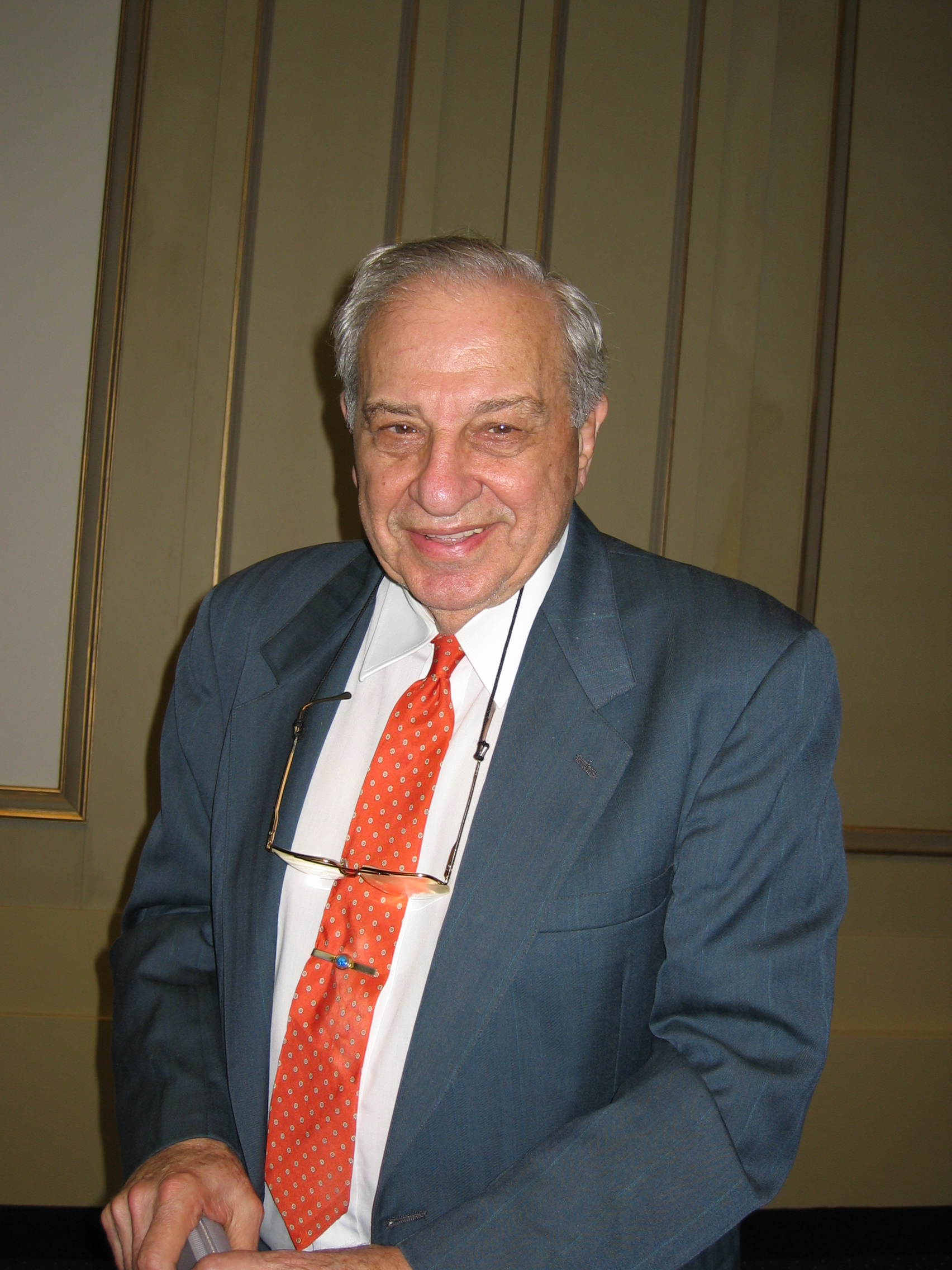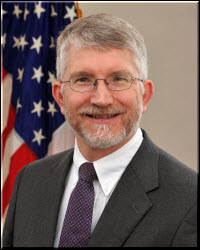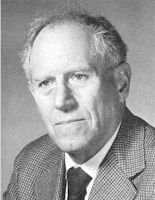Allan Rex Sandage National Medal of Science Awarded In 1970
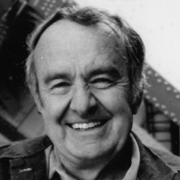
Allan Rex Sandage
Award Name : National Medal of Science
Year of Award : 1970
Award for : Science and Engineering
Location : Iowa City, Iowa, United States
Allan Rex Sandage was an American astronomer. He was born on June 18, 1926 in Iowa City, Iowa, United States. He graduated from the University of Illinois in 1948, and achieved a PhD from Caltech in 1953. His research was in stellar astronomy and observational cosmology. In his 1961 paper "The Ability of the 200-inch Telescope to Discriminate Between Selected World Models," he suggested that the future of observational cosmology would be the search for two parameters: the Hubble constant H0 and the deceleration parameter q0. This paper influenced observational cosmology for at least three decades as it carefully specified the types of observational tests that could be performed with a large telescope. He also published two atlases of galaxies, in 1961 and 1981, based on the Hubble classification scheme.
He also received numerous awards, including the Eddington Medal of the Royal Astronomical Society in 1963; the Pope Pius IX Gold Medal in 1966; the Elliot Cresson Medal of The Franklin Institute in 1973; the US's highest scientific award, the National Medal of Science, in 1971; the Crafoord Prize of the Swedish Royal Academy of Sciences in 1991, the closest thing to a Nobel Prize for astronomy; and the Cosmology Prize of the Peter Gruber Foundation in 2000.
